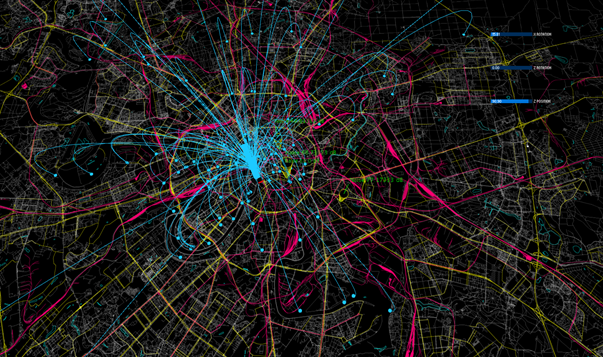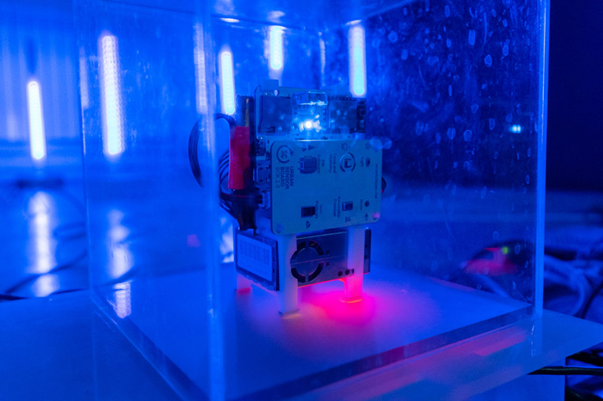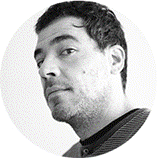Master in City & Technology 2019/21 – Term I
Seminar Name: Introduction to Programming & Physical Computing
Faculty: Angel Muñoz & Cristian Rizzuti

GSS Moscow 2016
Syllabus
This course provides an introduction to the development and programming of hardware devices that can sense and act in the environment.
The Introduction to Programming and Physical Computing course will give students an essential introduction to the world of open-source, programming languages and physical computing. The students will simultaneously learn basic programming and physical computing concepts. This will equip students with the necessary hardware/software skills to integrate interfaces, visualizing methods, data sensing, and actuations to conduct more advanced research and architectural proposals with embedded technology.
The seminar will focus on how to embed environmental sensing capabilities to any building or object, empowering the students how to add a layer of intelligence to different scenarios.

BCN BREATHE, 2018
The course will conclude with an exercise as a final project, the students will be pushed to create a synchronous and meaningful interaction about sensing and data visualization. Students are similarly encouraged to use the code-based tools to explore the physical computing world as applied to their studios, in processes that they can integrate into their projects in the following semesters
Learning Objectives
At course completion the student will:
– learn the basic concepts of programming that will allow the students to deepen themselves in more Physical Computing topics and to jump to different programming languages.
– be able to sense the environment and act back through actuators
– to collect, process and visualize data from sensors
Faculty

Angel Muñoz is a Programmer from La Rioja in Spain. Passionate about art, science, music and retro-futurism, he started programming (self-taught) at the early age of 9. In 2001 he moved to Barcelona where he began to work in international advertising agencies (EURO RSCG and Doubleyou). He also worked in the interactivity and multimedia departments for brands like Coca-Cola, AUDI, Danone, SEAT, Adolfo Dominguez, and more, winning various prizes in international advertising festivals such as Cannes, El Sol, among others.
In 2006, looking to extend the digital world to the physical world, he began developing an interest in open hardware and studied Electronic Product Design obtaining a Higher Vocational Training Qualification. He then began collaborating with the Hangar Medialab. Since then he has also been collaborating on various projects, also with IAAC and the Fab Lab Barcelona Pro team, including The machine to be another, Omnipresenz. First Vision, Smart Citizen. Angel is now part of the IAAC Academic team as a Physical Computing Expert.

Cristian Rizzuti is an interactive media artist working in Barcelona and Rome. Graduating in Visual and Multimedia Art, Cristian has achieved an M-IA Master course at IUAV University of Venice focusing on interactive immersive environments. After his studies, Cristian has presented his works in major events and locations in Europe, such as Sonar Barcelona, MAXXI museum Rome, Venice Biennale, ZKM museum Karlsruhe. Always inspired by Science and mathematics, Cristian has focused his personal investigation on the role of human perception and the definition of synesthetic spaces and emotional sounds connected to the body. Being inspired by digital arts, live media and interactive experiments, Cristian’s works can be described as light sculpture installations.